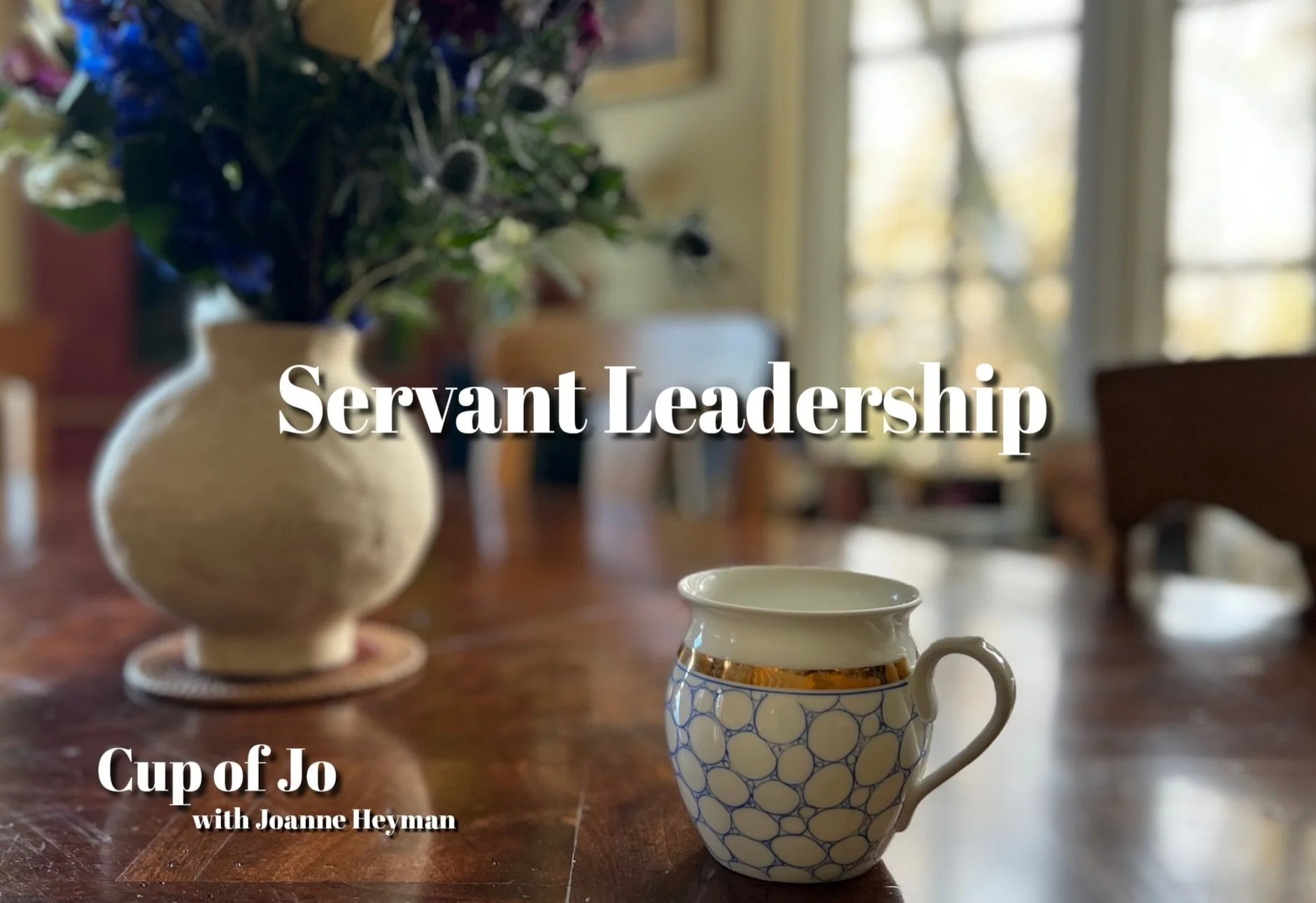Contact Us
If Heyman Partners’ philosophy and practice aligns with your needs, we would love to start a conversation to see how we can support your vision and your work. For more information please contact us.
info@heymanpartners.com
Are you a drama addict? Ask yourself whether anything in this video sounds familiar. If so, it may be time to get the monkey off your back. Becoming aware of your habits - especially those that keep you entangled in webs of drama - is a starting point for addressing how you may unknowingly contribute to an unhealthy environment.
There is a path to healing. Moving from conflict to reconciliation requires two main elements, but within each, there is real work to be done. In this video, I delve into what they are and why they are important. The critical takeaway to note is this: acknowledging a problem and how you contributed to it must be accompanied by a meaningful investment in a sustainable solution for a true reconciliation to exist.
What is servant leadership? Aside from it being my favorite approach to leadership, it is the truest form of responsibility to others and is in service of their growth. It builds trust by creating a culture of honesty, transparency, humility, empowerment, and support, and always has a collective goal as the North Star. In this short video learn why it’s so important in organizations today and how to make it a daily practice.
Trust allows us to feel secure and confident in our interactions with one another. It creates a foundation of safety and reliability, making it easier for us to open up, communicate, and collaborate effectively. It’s the key to intimacy and emotional connection, while in professional relationships, it’s essential for teamwork, productivity, and effective problem-solving. So when it’s in need of repair the challenges can be endless. Watch this video to learn the most important steps in the rebuilding process.
We’ll never have all the answers, but that’s a positive! Uncertainty provides an opportunity for us to try new things without needing all of the pieces to be in place. It also helps us focus our energy and resources where they make the most impact by teaching us to identify and invest in the variables we can control, and avoid wasting time on the ones we can’t.
We're accustomed to investing heavily in one or two relationships (careers, marriage, children, etc.) with the expectation of gaining complete satisfaction from the experiences connected to them. If we're not fulfilled, we can become dissatisfied and begin to feel stuck. I've found that a healthier (and more appropriate) approach to designing a fulfilling life requires taking a portfolio approach and looking beyond the one or two main relationships we anchor to. Instead, explore inside (yourself) and out, and allow yourself to add what works to your portfolio!
We all have a relationship with money. What’s yours, and do you know where it originated? (Hint, go back – way back.) What emotions come up when you talk (or don’t talk) about money, and what impact does this have on your professional and personal lives? Unpacking your story of money so that you can write a mature and intentional next chapter will give you a tremendous sense of clarity and agency.
Each of us is a mosaic comprised of myriad parts. Instead of trying the suppress them (and present only one aspect of ourselves), embrace the whole as a unique and powerful combination of traits, experiences, perspectives, talents and insights that help us navigate new opportunities and challenges.
When you feel stuck, it can be tempting to yearn for a big change. However, before taking a deep plunge, it’s sometimes worth doing an inventory and take stock of what isn’t working. And what is. You may find that there is more value left if you make some tweaks and reframe the situation. Alternatively, if moving on is indeed the best option, a better understanding of what did and didn’t work will serve you as you design the next chapter.













Shifting away from the drama a team has come through and resetting energy and perspectives toward a more positive future can be a challenge. Occasionally rehashing war stories to relish the bonds formed under pressure can be instructive if done to inform future actions. However, focusing on these times as a way to hold on to the connections formed can keep you (and those you lead) stuck in the past, failing to move forward.
Here's some simple advice on imbuing those connections with generative energy and repurposing them for the future you're working toward.